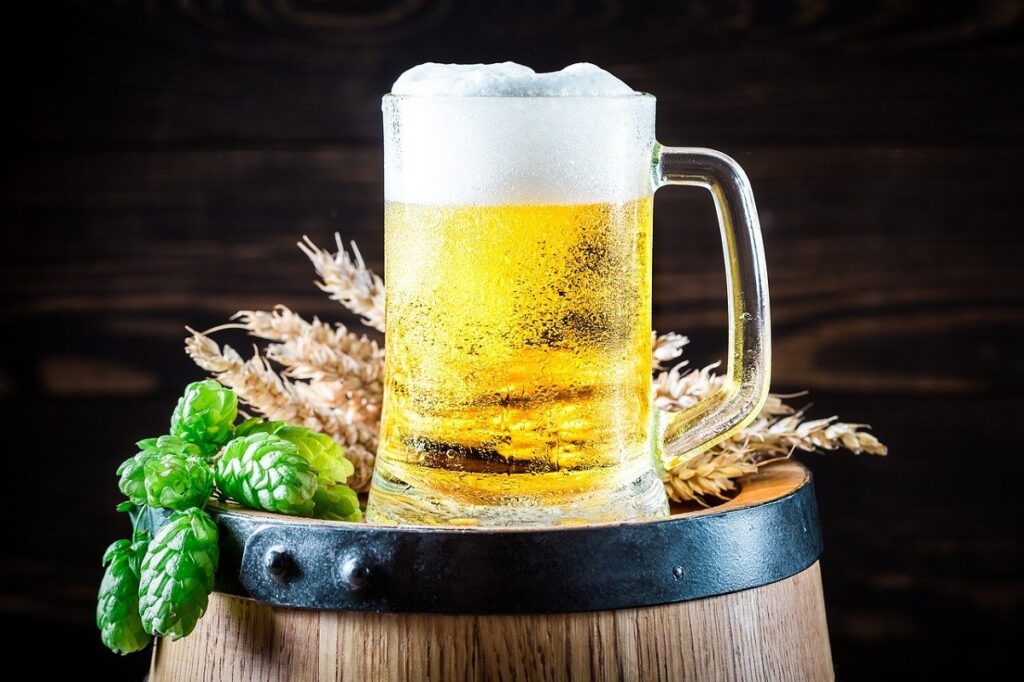What do beer and biotech have in common? According to the Biotechnology Innovation Organization (BIO), “Beer is biotechnology in one of its simplest forms.”
Additionally, thanks to biotech, a beer from Latin America dating back to the 1500s could be making a grand return to our supermarkets.
Beer and biotech
“The use of yeast is an early application of biotech because yeast is a group of single-celled fungi that breaks down enzymes,” BIO states.
“Through biotechnology, we can edit the genes in yeast to make it do what we want like ferment the starch and sugars from plants to make biofuels and renewable chemicals for biobased products and food ingredients,” BIO argues.
Biotech resurrects the oldest beer
What could be one of Latin America’s oldest beers was first brewed in Quito “in 1566 by friar Jodoco Ricke, a Franciscan of Flemish origin who historians believe introduced wheat and barley to what is now the Ecuadoran capital,” Agence France-Presse reports.
According to Agence France-Presse, Javier Carvajal, a bioengineer and a beer lover, discovered the original yeast which was used to make the oldest beer in Latin America. He collected it from an old barrel at the Franciscan friary.
As Food & Wine explained, Carvajal carefully rehydrated and resurrected the yeast from a splinter of wood, restoring the flavor using an ancient recipe. After a decade of work, he produced a beer he hopes to sell commercially.
Yeast applications with biotech are on the rise
Biotechnology is often used in a number of other applications that involve yeast. From making a yeast that yields green beer, to making tastier plant-based meat, biotechnology has made many yeast-derived innovations possible.
The green beer was produced when a company called Leavandary located in Alabama modified one of the yeast’s strains in order to get a green beer, which was meant as a demonstration for St. Patrick’s Day.
Genetically engineered yeast was also used by Impossible Foods in the creation of “heme,” a natural building block of protein that gives the plant-based burgers the authentic meaty taste, Bio.News reported.




